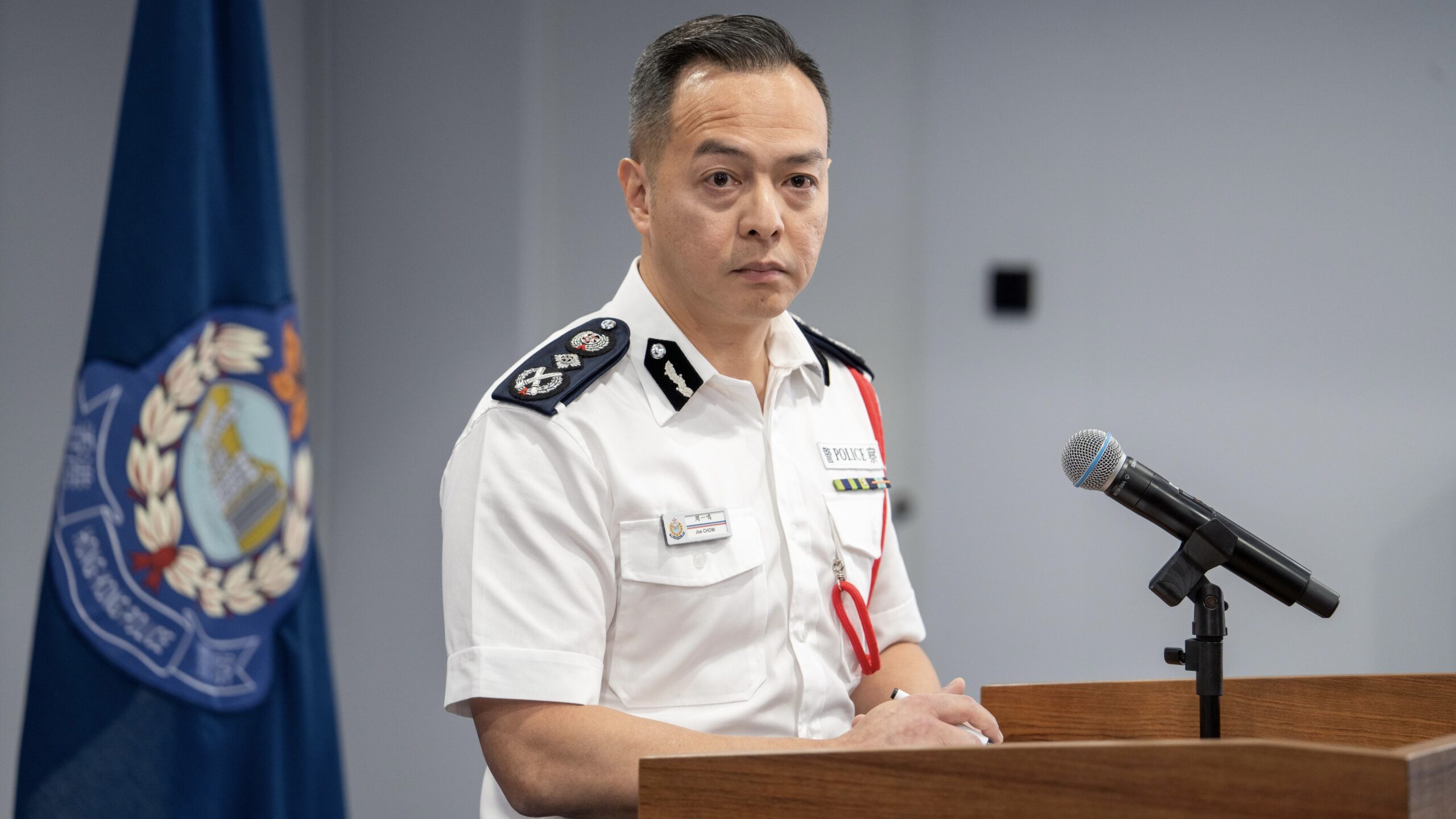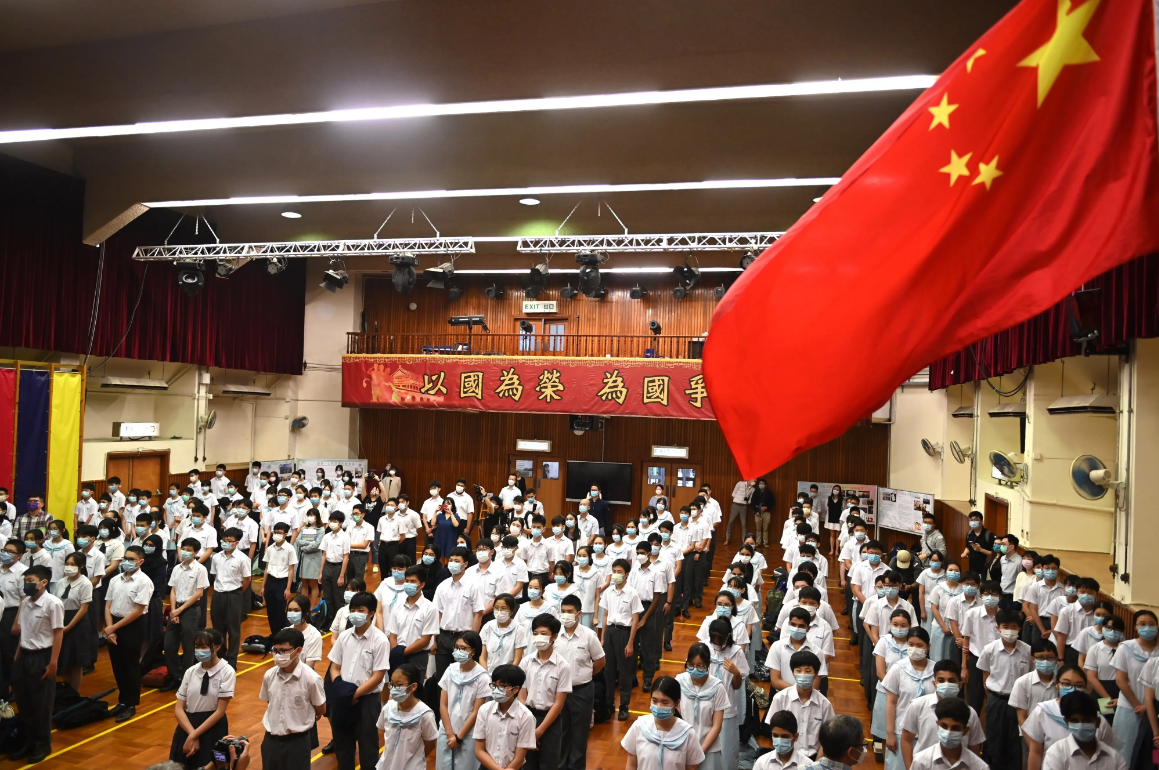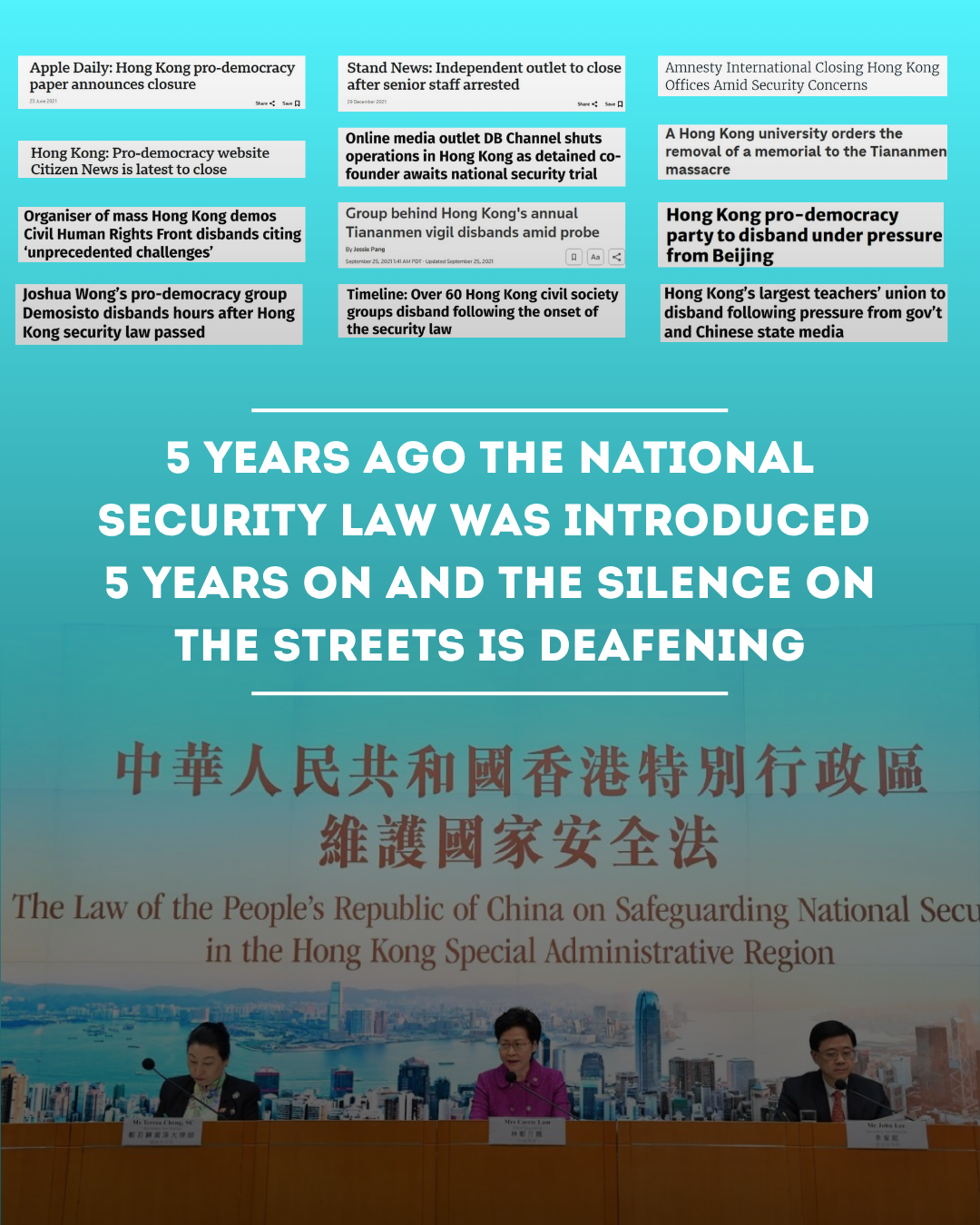This blog is authored by Simon Cheng, Founder of Hongkongers in Britain and exiled Hong Kong pro-democracy activist. Hong Kong authorities have placed a HK$1 million bounty on Cheng’s head.
David Lammy’s decision to defer former Taiwan President, Tsai Ing-wen’s visit to the UK raises serious questions about British foreign policy under the new Labour government. While official explanations cite logistical challenges, the deeper implications are troubling. This situation illustrates a significant paradox for liberal democracies, particularly the UK: the struggle to balance economic relations with China while failing to confront the Chinese Communist Party’s (CCP) egregious human rights violations.
To grasp the complexity of this situation, it’s essential to recognise that China is not Russia. While Russia’s aggression has turned it into a pariah, China occupies a crucial position in the international order. As the world’s second-largest economy, it plays a pivotal role in the global supply chain, rendering it indispensable to the economic landscape. This reality creates both opportunities and dilemmas for liberal democracies.
The CCP’s dominance in global trade complicates accountability for violations of international norms, especially regarding human rights. Beijing’s repression of dissent, mass incarceration of Uyghurs, and crackdowns on civil liberties in Hong Kong represent clear violations of human dignity. Yet, these abuses are often overlooked due to China’s economic significance. Decades of trade liberalisation have fostered a dangerous interdependence, allowing China to benefit from a system designed to encourage responsible behaviour.
This context informs Lammy and Rachel Reeves’s plans to prioritise future visits to China, aiming to strengthen economic ties that may appear beneficial for the UK’s recovery. However, this approach sends a damaging message to Beijing. By deferring Tsai’s visit, the UK signals a willingness to sideline a democratic ally for the sake of appeasing an authoritarian regime, thereby prioritising immediate economic gains over enduring values.
China’s influence extends beyond mere economics; with the world believing it is critical in addressing global challenges such as climate change and public health. However, this reliance often results in diminished focus on fundamental human rights. Without major social unrest or media scrutiny of abuses, liberal democracies become less likely to pressure the CCP. This interdependence, while maintaining short-term stability, undermines the international community’s ability to address violations effectively.
Moreover, the deferral of Tsai’s visit highlights a troubling trend in Western diplomacy: the preference for simpler issues over more challenging but morally essential ones. Engaging China on climate change is vital, but not at the expense of advocating for human rights and democratic values. The West’s hesitance to confront China on its human rights record risks emboldening the CCP’s internal repression and external aggression.
China’s economic muscle, however, is not purely benign. On one hand, its economic power becomes a political weapon, used to bolster propaganda and advance its autocratic agenda. On the other hand, this muscle emboldens its transnational repression, including external aggression that increasingly seeks to impose autocratic laws on liberal democracies.
The extraterritorial application of Hong Kong’s National Security Law since 2020, along with the de-facto ‘wanted list’ targeting Taiwan’s so-called secessionists in 2024, are prime examples. These legal mechanisms set a dangerous precedent for China’s overreach. Under the guise of law enforcement, they pave the way for more severe actions, whether in the form of arrests or, potentially, all-out conflict, backed by the CCP’s intelligence services, secret police, or even military force.
The UK’s decision to sideline Taiwan carries significant geopolitical implications. Taiwan, with 23 million citizens, exemplifies a commitment to democratic governance, contrasting starkly with the CCP’s grip. By failing to extend a courtesy to Tsai Ing-wen, the UK risks undermining its credibility as a defender of liberal values.
Ultimately, this deferral is not merely a diplomatic blunder; it reflects a broader struggle in how the West manages an economically integrated yet increasingly autocratic China. By prioritising economic ties over support for democratic allies, the UK sends a dangerous signal: that economic interests outweigh moral responsibilities. Such complacency will only embolden the CCP’s authoritarianism and escalate its aggression toward Taiwan and beyond.
The UK must ensure that its cooperation with China does NOT:
1.) Empower the regime to undermine democracy.
2.) Sacrifice principles or human rights for economic gain.
3.) Enable the escalation of human rights abuses under the CCP.
Addressing these issues is vital to preventing greater instability and conflict in the future.







